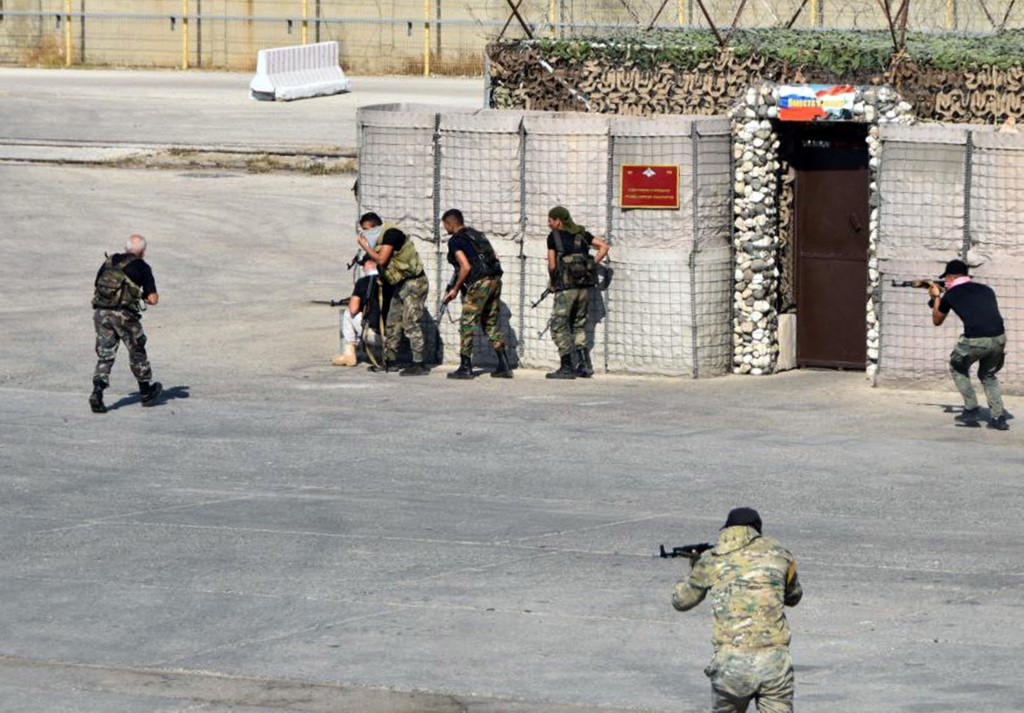Although the pro-European mass protests in Ukraine (2013) and Georgia (2024) share many similarities in their underlying factors and early stages — including the curious coincidence that both began at the end of November — there are several crucial differences that will shape the future dynamics of the current protests in Georgia.
Firstly, unlike Ukraine in 2013, pro-European activists in Georgia lack parliamentary allies upon which they can rely. While pro-EU opposition parties do exist, they have refused to take their seats in parliament, asserting that the 2024 elections were unfair.
JOIN US ON TELEGRAM
Follow our coverage of the war on the @Kyivpost_official.
Georgia’s president is the only high-ranking official aligned with the pro-European protestors, but Georgia is a parliamentary, not presidential, republic, and the government is under control of the anti-Western, pro-Russian forces.
Secondly, unlike Ukraine in 2013, Georgian pro-EU activists cannot depend on meaningful Western support for their cause. While the predominantly liberal-democratic European Parliament will likely pass resolutions backing their pro-EU aspirations and condemning police violence, such support remains confined to the Brussels-Strasbourg bubble. Beyond this, pro-European Georgians are on their own.
Amid the ongoing and escalating Russian aggression against Ukraine, neither the West as a whole nor the EU specifically has the political resources to provide pro-European Georgians with the support they need and deserve.

Russia Accuses Ukraine of Supporting Syrian Rebels, Escalating Tensions at UN
Thirdly, while protests in both Ukraine and Georgia were triggered by the authorities’ refusal to pursue European integration — an effort supported by the majority of their populations but strongly opposed by Russia — the contexts differ significantly. In Ukraine, European integration was a policy choice. In Georgia, however, “full integration into the EU and NATO” is explicitly enshrined as an objective in the country’s Constitution.
From this perspective, the Georgian authorities’ decision to halt European integration is more than a geopolitical shift (as it was in Ukraine); it constitutes an anti-Constitutional act. Moreover, this act is rooted in their collusion with Russia — an aggressor state occupying 20% of Georgia’s sovereign territory — making it an act of high treason.
This leads us to a profoundly different discussion.
It is highly likely that Georgia’s pro-Russian government will resort to brutal measures to suppress the pro-European protests, completing what can only be described as an act of high treason by the Ivanishvili regime. With little to no meaningful support from the EU, any resistance to this political and geopolitical betrayal will have to come from within Georgia itself.
In this context, Georgia’s best chance to resist being pulled into Russia’s sphere of influence may not lie solely in the continuation of mass protests, though these remain important. Instead, it may depend on decisive and tough action by Georgia’s president. As stipulated in the Constitution, the president serves not only as the guarantor of national independence but also as the Supreme Commander-in-Chief of the Defence Forces.
With the very real threat of traitors attempting to subjugate European Georgia to Russian dominance, the nation faces an existential threat — and its military could be its last line of defence.
This commentary is reprinted with permission from the author’s LinkedIn site. See the original here.
The views expressed in this opinion article are the author’s and not necessarily those of Kyiv Post.
You can also highlight the text and press Ctrl + Enter




![‘All Those Responsible For These Heinous Crimes [Must Be] Punished’ – Ukraine at War Update for Dec. 4](https://static.kyivpost.com/storage/2024/12/04/3495a1f3656bb12895cad58cdf2b2324.jpg?w=420&q=75&f=webp)

